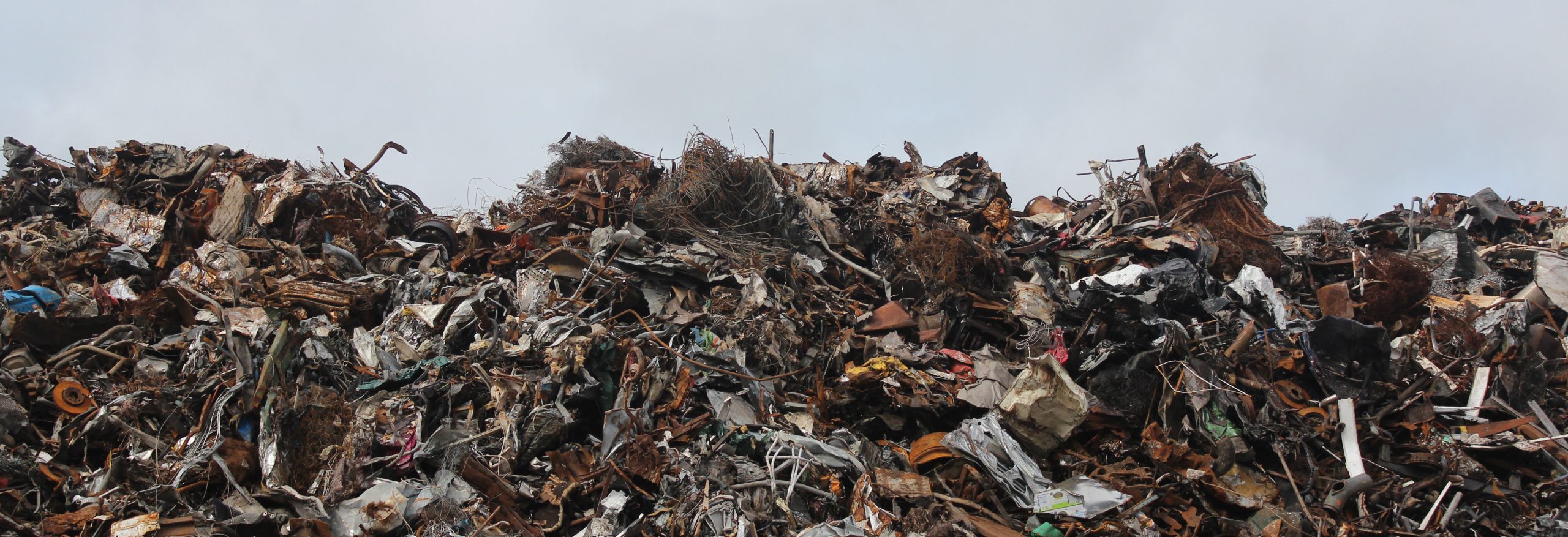Businesses ‘incorrectly dispose of’ 234,000 tonnes of WEEE each year

UK businesses “incorrectly dispose of” up to 234,000 tonnes of waste electrical and electronic equipment (WEEE) every year, research published recently by Material Focus has found.
Material Focus, the not-for-profit organisation funded by the WEEE compliance fee, commissioned environmental consultancy Eunomia to research the disposal of business electricals.
Eunomia found that, in 2019, businesses bought up to 484,000 tonnes of electricals, including phones, IT equipment and appliances such as dishwashers and washing machines. This is nearly 30% of the 1.7 million tonnes of electricals sold in total that year, Material Focus says.
At least 108,000 tonnes of business electricals were recycled through approved authorised treatment facilities (AATFs) in 2019, the research suggests.
However, up to 200,000 tonnes were thrown away with general waste, up to 29,000 tonnes were “illegally exported” and up to 5,000 tonnes were fly-tipped, the research suggests.
Meanwhile, up to 109,000 tonnes were recycled with light iron at scrap metal processors instead of going through AATFs, meaning “some valuable materials don’t get recycled,” Material Focus says.
Scott Butler, Material Focus’s executive director, said: “With up to 200,000 tonnes of business electricals being thrown away each year, we are losing forever precious and critical raw materials that the UK economy is reliant upon.
“Instead, these electricals should be reused, donated to those in need or the materials they are made from recycled and used in new products.”
If all the business waste electricals sold in 2019 were recycled, Material Focus claims, 663,000 tonnes of CO2 emissions could be saved.
Eunomia found businesses bought far more electricals than “previously thought”, at 28% of the market.
“One reason for this is that businesses, such as corporate offices, house-builders and residential landlords, are estimated to be buying consumer household electrical appliances in very significant quantities for use in their premises,” Material Focus said.
Businesses have a duty of care to dispose of all their waste materials including electricals “responsibly” under the Environmental Protection Act 1990, Material Focus said. “Where reuse isn’t possible, electricals should be recycled by an AATF,” the not-for-profit organisation added.
Calling attention to the issues, Mark Hilton, head of sustainable business at Eunomia, said: “Business waste electricals have long since been the ‘Cinderella’ of the waste electricals sector, which has been focused on meeting household collection targets.
“This report highlights that the amount of electricals sold to businesses is far greater than previously thought, and that there is a need to better track where the products go during their lifecycle, and to ensure that all business waste electricals are separately collected and recycled by AATFs.”
Help
Here at ICT Reverse we can help all firms gain a better understanding of how to dispose of their waste and support the sustainability agenda. ICT Reverse has been working in this business area for almost 20 years and helped thousands of firms in that time to reuse and recycle their old IT assets.
With the rules ever changing and the possibility of fines ever growing ICT Reverse can help you ensure you follow the guidelines and protect the environment while at the same time keeping your firm legal and working to all the recognised guidelines.
If you would like guidance and support please give one of our Account Managers a call on 01524 580900 to talk through the processes. You can also contact the team via our website www.ictreverse.com
Methodology
Eunomia researched the report using literature reviews, published datasets on the amount of products put on the market, two sampling studies at WEEE and metals recyclers, site data from waste transfer stations and “extensive” stakeholder interviews and surveys.
The environmental consultancy also used a carbon assessment to model the carbon impacts across different WEEE categories to estimate current emissions and potential savings.
Related link
Business Electrical Waste: Challenges and Opportunities
